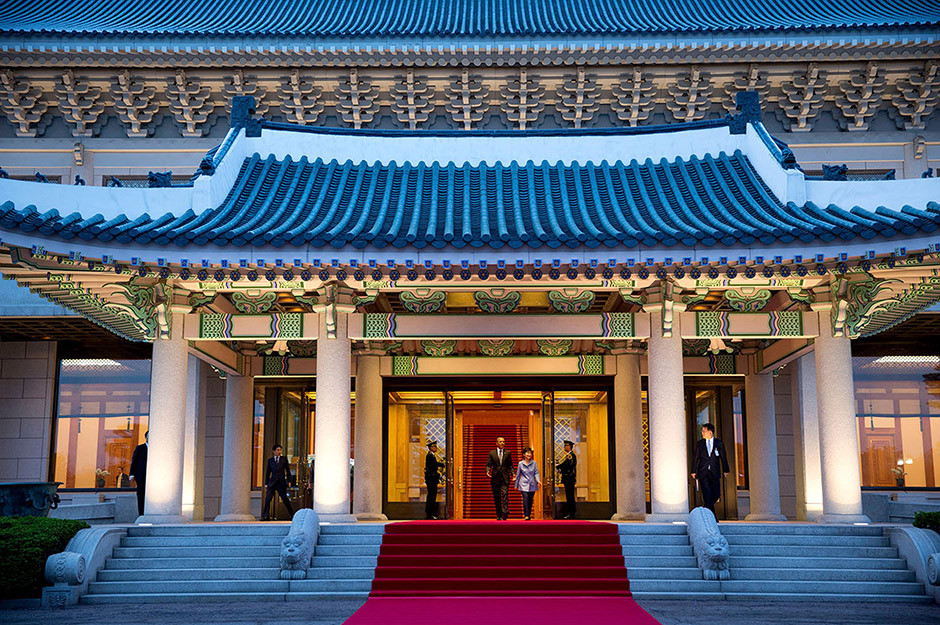Latest news about Bitcoin and all cryptocurrencies. Your daily crypto news habit.

Headlines roared late last night in the western hemisphere, morning in the east, as mainstream media outlets breathlessly ran with an initial report from a legacy wire service: the Republic of South Korea is to ban cryptocurrency. The truth is more subtle, and it’s fast becoming an object lesson in fear, uncertainty, and doubt (FUD). Veterans and those new to bitcoin and crypto have clear choices as to reliable media coverage, and the South Korean “ban” is a perfect example.
Also read: Mainstream Media Libel of Bitcoin
South Korea isn’t Banning Crypto, Again
“There are great concerns regarding virtual currencies and the justice ministry is basically preparing a bill to ban cryptocurrency trading through exchanges,” Minister of Justice, Park Sang-ki, was quoted, according to Reuters. Except, maybe not.
The attribution actually reads: “Park told a news conference, according to the ministry’s press office.” The country’s top cop was paraphrased by his press office. It’s a game of human telephone gone very, very wrong.
The salient word in the press office staff’s paraphrasing of their boss is “ban,” and mainstream media plastered it all over the known digital universe. Markets responded accordingly, and within hours domestic bitcoin prices slumped double digits as they did internationally.
The “ban” followed a new year’s spate of South Korean FUD: raids, crackdowns, looming pronouncements. Coinmarketcap reweighted The Republic’s price premiums, which can run as high as 30 percent, making adjusted figures considerably lower, and instantly. To casual observers, such a sudden fall shook weaker hands, and panic selling began.
The Reality
Buried well within the wire “ban” story was reality: “Once a bill is drafted, legislation for an outright ban of virtual coin trading will require a majority vote of the total 297 members of the National Assembly, a process that could take months or even years,” Reuters clarified. 법무부 Ministry of Justice statements riled the South Korean street, as tens of thousands signed a petition sent to the country’s Blue House 청와대, offices and home of its President. The office has since issued a statement on the “ban” as only a proposal, nothing more. Traffic to its website was so heavy, it reportedly slowed.
For sure, legislators are working on regulations, from setting minimum ages, making sure investors are vetted and accredited, and suspending institutional investing in cryptocurrencies. All of it and more could be outlined as early as this month. As for a “ban,” savvy governments are often not so keen on outright prohibitions, as they carry oversight usually not possible.
Indeed, South Korea’s Ministry of Strategy and Finance responded to media “ban” FUD by explaining, “We do not share the same views as the Ministry of Justice on a potential cryptocurrency exchange ban.” Still other agencies within its government have argued for a deregulatory regime, leading to taxation efforts as a way to both boost the domestic economy and fund ministries.
What are your thoughts on mainstream bitcoin coverage? Let us know in the comments section below.
Images courtesy of Shutterstock, Pixabay.
Play with confidence! We guarantee that every Video Poker game you play at BitcoinGames is completely fair. You will be dealt a completely random deck of cards every game, and we can provably demonstrate that we have in no way manipulated the shuffle.
The post No, Mainstream Media, That Country Did Not Ban Bitcoin. Again. appeared first on Bitcoin News.
Disclaimer
The views and opinions expressed in this article are solely those of the authors and do not reflect the views of Bitcoin Insider. Every investment and trading move involves risk - this is especially true for cryptocurrencies given their volatility. We strongly advise our readers to conduct their own research when making a decision.

